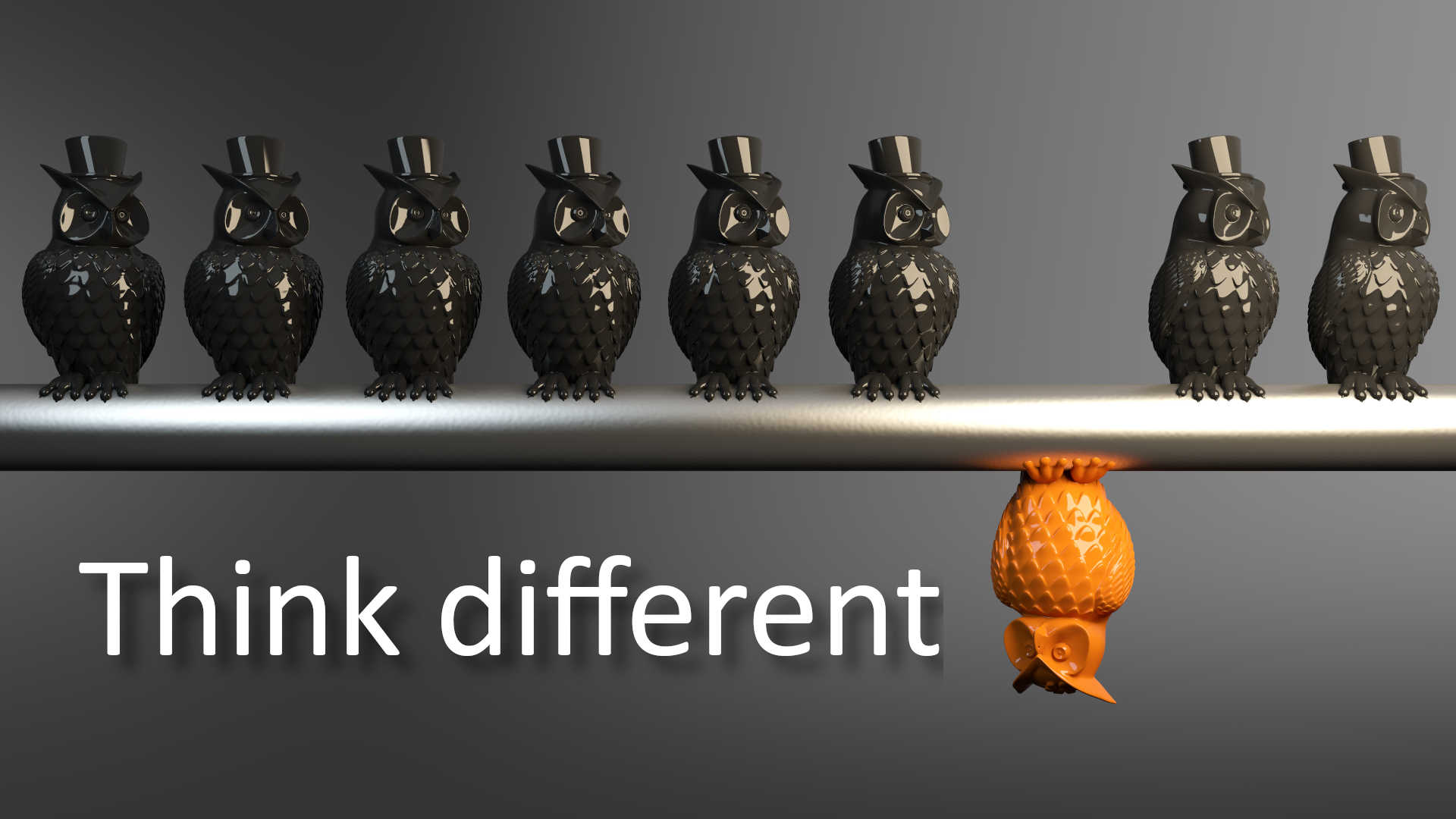For decades, Japan has been a key supplier of sensors, robots and other automation solutions, which corporations throughout the world use to increase their productivity. Yet, a recent article in the Yomiuri Shimbun, one of the country’s five major newspapers, stressed that Japan’s labor productivity ranked 27th among the 38 OECD countries in 2021.
The article concluded that it was vital to invest in people to increase labor efficiency but, based on a few examples from the Covid-19 period, we think the problem might be elsewhere.
At the onset of the pandemic, the then-Prime Minister Shinzo Abe called for a massive expansion of PCR testing … which never happened. The Ministry of Health, Labor and Welfare was reluctant to use fully-automated testing devices before proving that the machines were as reliable as people. Meanwhile, the entire world was using these Japanese devices to run broad scale testing!
In the same period, Japanese retailers swiftly introduced automated cashiers to avoid unnecessary contact through credit cards or cash. However, most of them failed to take advantage by reducing cashier staff to cut prices or raise margins. They just relocated their human cashiers besides these new machines, to help read barcodes on customers’ behalf. After all, Japanese citizens are used to receiving service for free!
Still during the pandemic, the government tried to address the patient overflow in the medical system by lifting some of the existing restrictions on “telehealth”, such as an obligation for doctors to take a training course. The number of institutions offering teleconsultation subsequently jumped from 10% to 15% in one month… but settled at that level afterwards, probably because the fee remained too low.
So, yes, it is important to invest in people, train employees and shift customers’ mindsets but, in these cases, we believe it might be cheaper and more effective to invest in common sense and pragmatism. Let’s see if the recent fee hike on online consultation fees (to 87% of those for a “face-to-face” meeting) confirms this theory.
KH – Jan. 26, 2023







